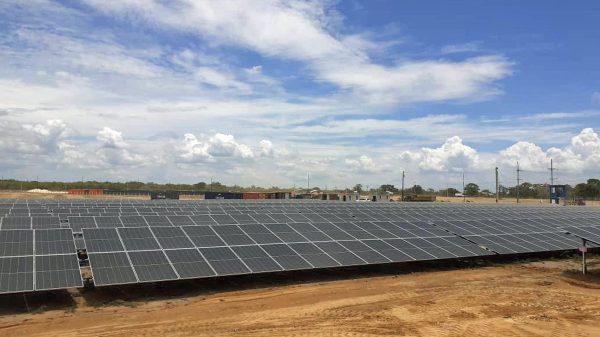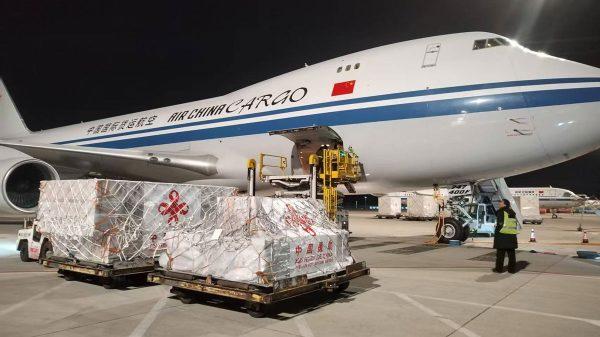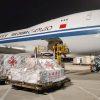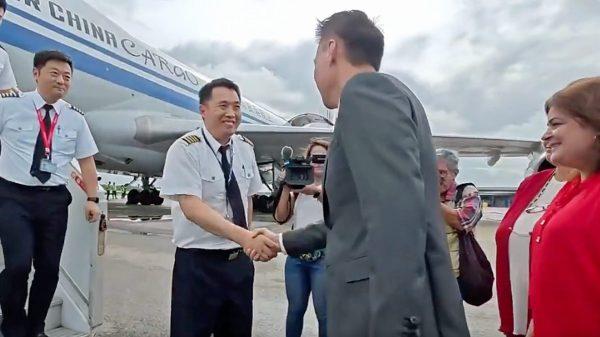Cuba has signed up to the Energy Partnership of China’s Belt and Road Initiative. The energy pact solidifies Cuba-China relations. It answers the need to create an international platform for cooperation and trade under the principle of shared profits.
Cuban ambassador to Beijing, Carlos Miguel Pereira, stressed the importance of the group to expand collaboration in the energy sector and overcome the challenges it faces worldwide.
Ambassador Pereira endorsed Cuba’s commitment to sustainable development. Chinese companies will be invited to upgrade the energy sector, to promote green energy and access to services.
Liván Arronte, Minister of Energy and Mines, took part in the conference virtually. He spoke of government actions to develop renewable sources, the efficient use of resources, and achieving energy independence.
He called for advancing international cooperation and support for developing nations to meet the challenges of today’s world and the United Nations’ Sustainable Development Goals.
Minister Arronte denounced the impact of the U.S. Embargo/blockade, which continues as a major obstacle for the Island’s development.
To date, 19 countries of Latin America and the Caribbean have signed the Belt Road initiative. Cuba increases that number to 20.
The Initiative is a global infrastructure development strategy adopted by the Chinese government in 2013. It invests in nearly 70 countries and international organizations.
Its aim is to connect trade by land and sea networks—Asia with Africa, Russia and Europe. China’s leader, Xi Jinping, proposed the global development strategy to promote economic growth and international trade. It is especially important these days with the problems in shipping and trade caused by the COVID pandemic.
The “Belt and Road Energy Partnership” launched in October 2018 during the Ministerial Conference in Suzhou.
As of June 2021, 140 countries and 32 international organizations have signed a Memorandum of Understanding with China.

From our staff writers and editors.














